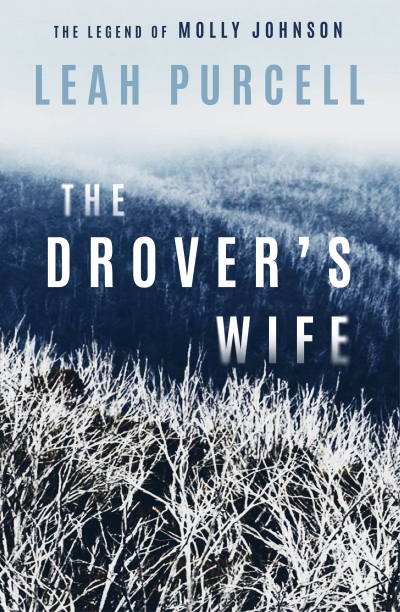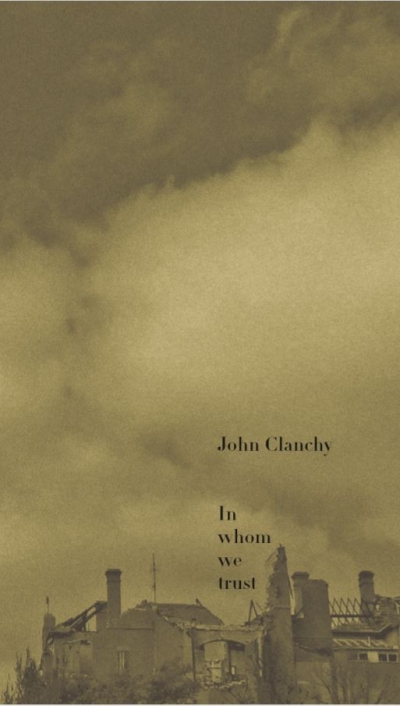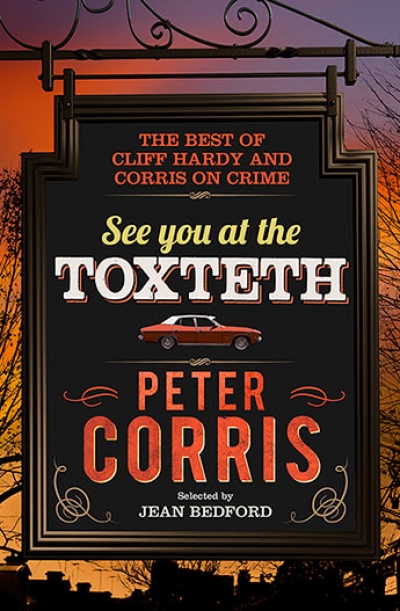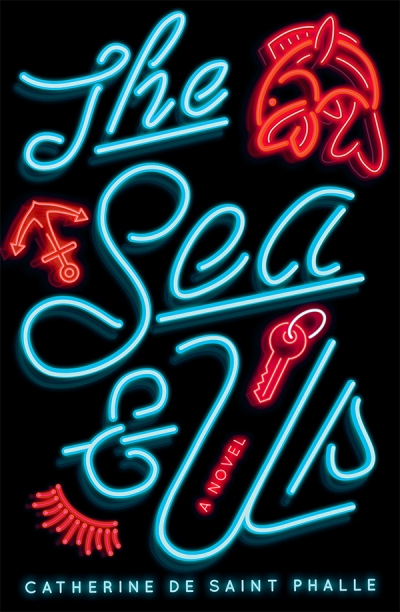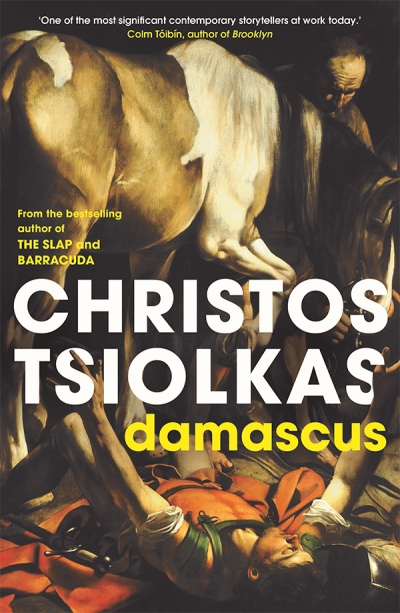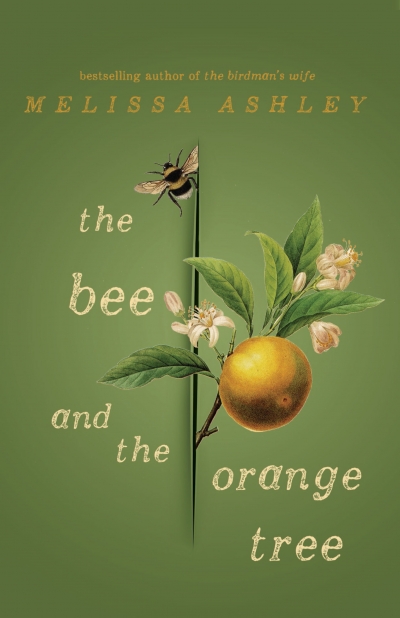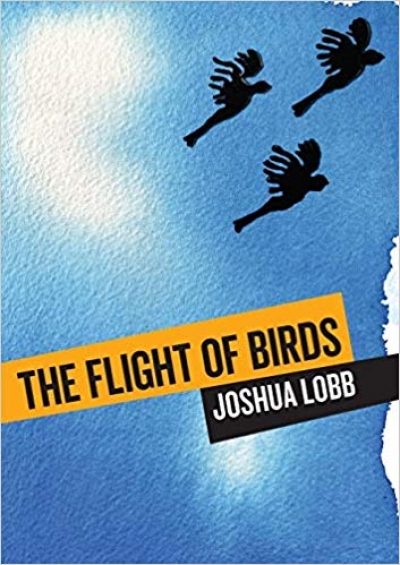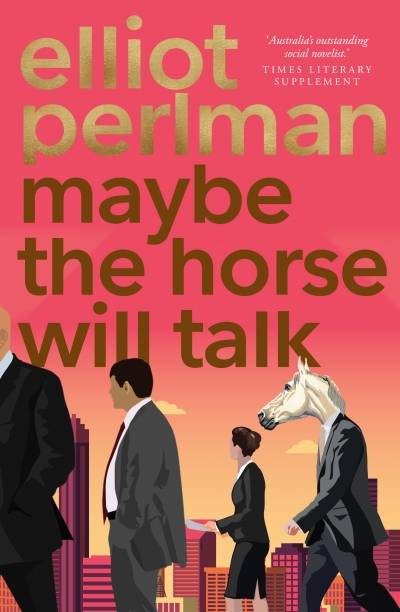Australian Fiction
The Drover’s Wife: The legend of Molly Johnson by Leah Purcell
See You at the Toxteth by Peter Corris, selected by Jean Bedford & The Red Hand by Peter Temple
These are exciting times when the new normal for Australian crime fiction is strong domestic interest and sales, but also international attention in the form of Australian-only panels at overseas writers’ festivals, plus regular nominations and awards in Germany, the United States, and the United Kingdom. Whether this is a literary fad or sustainable in the long term – with Australian crime fiction becoming a recognisable ‘brand’ in the manner of Scandi-noir or Tartan-noir – will depend largely upon the sustained quality of the novels produced here.
... (read more)A whistleblower’s child hides from a drug ring in the Blue Mountains. A sixteen-year-old rolls through life like an armadillo. A Melbourne high-school graduate wrestles with her insecurities. The daughter of a Chinese restaurateur juggles her responsibility to care for her siblings as her mother’s health deteriorates.
... (read more)
